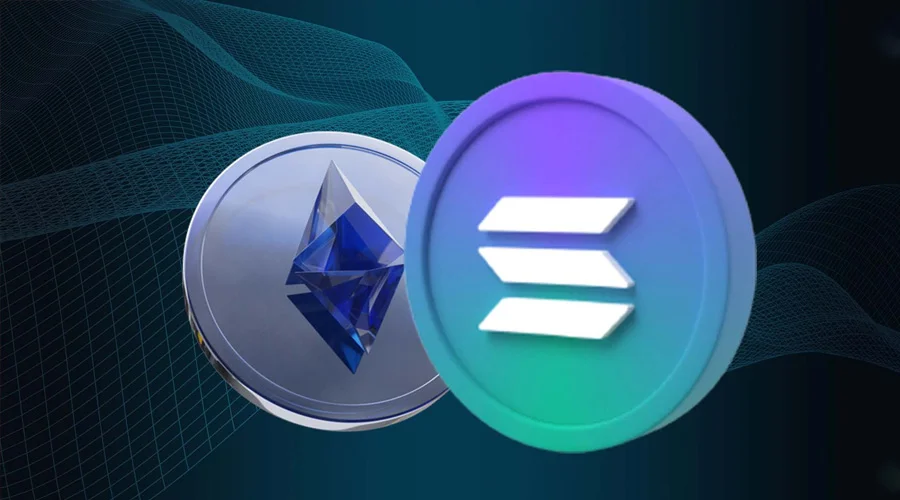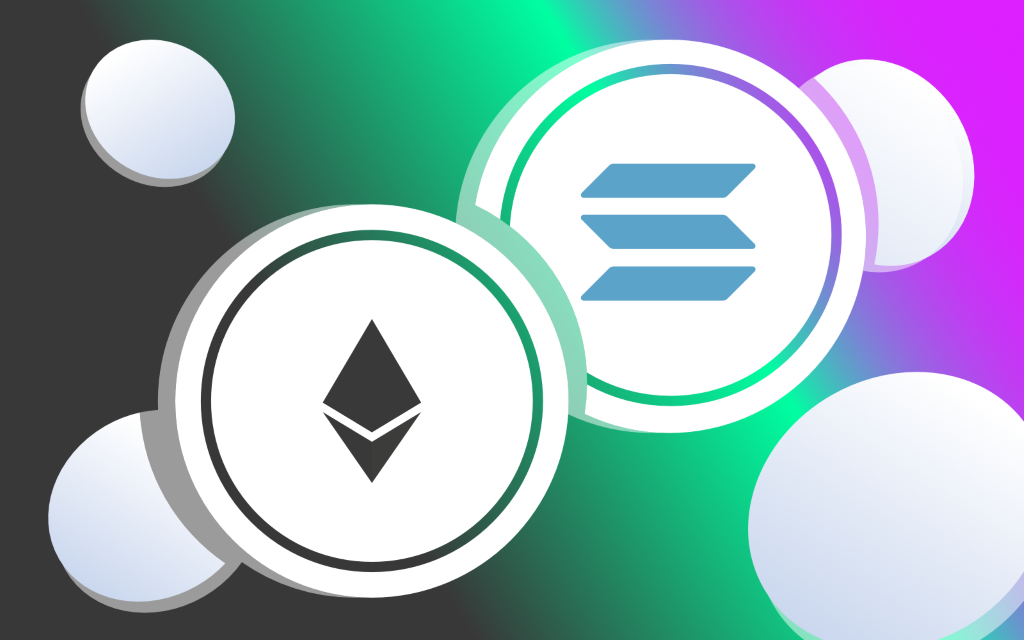The cryptocurrency market is no stranger to competition and innovation. Two significant players in this arena are Ethereum, a well-established platform known for its smart contracts, and Solana, a rising star with promising features. The question that arises often among investors and crypto enthusiasts alike is, “Is Solana better than Ethereum?” This article delves into the strengths and weaknesses of both platforms to provide a balanced perspective.
Comparing Transaction Speeds
One of the primary advantages Solana has over Ethereum is its transaction speed. Solana can handle up to 65,000 transactions per second (TPS), significantly more than Ethereum’s 15-20 TPS. This high throughput makes Solana an attractive choice for applications requiring fast and frequent transactions.
Scalability and Fees
Ethereum‘s scalability issues have led to increased transaction fees, especially during periods of high network congestion. On the other hand, Solana’s architecture allows it to scale with hardware improvements, keeping transaction costs low. This could make Solana a more appealing option for developers and users who prioritize cost-effectiveness.
Smart Contracts and DApps
Ethereum’s reputation as a pioneer in decentralized applications (DApps) and smart contracts cannot be overlooked. It boasts a rich ecosystem of DApps and has a more mature development community. Although Solana also supports smart contracts and DApps, it has some catching up to do in terms of adoption and ecosystem development.
Security Considerations
Both Ethereum and Solana take security seriously, but they approach it differently. Ethereum’s Proof-of-Work consensus mechanism is time-tested and robust but consumes more energy. Solana uses a unique Proof-of-History model, which is less energy-intensive and enables faster transaction processing. However, this model is relatively new and untested compared to Ethereum’s.

Developer Community and Support
Ethereum’s developer community is larger and more established, offering a wealth of resources and support for new projects. Solana, while growing rapidly, still has a smaller developer base. The size and maturity of the developer community can significantly impact the success and adoption of applications built on these platforms.
1. Which is more energy-efficient, Solana or Ethereum?
Solana is more energy-efficient due to its Proof-of-History consensus mechanism, unlike Ethereum’s energy-intensive Proof-of-Work model.
2. Can Solana handle more transactions than Ethereum?
Yes, Solana can process up to 65,000 transactions per second, which is significantly higher than Ethereum’s capacity.
3. Does Ethereum have more DApps than Solana?
As of my knowledge cutoff in September 2021, Ethereum has a larger number of DApps compared to Solana, thanks to its mature and robust developer community.
4. Is Solana’s blockchain more secure than Ethereum’s?
Both platforms prioritize security, but they approach it differently. Ethereum’s security model is time-tested, while Solana’s is newer and less proven.
5. Which platform has lower transaction fees, Solana or Ethereum?
Solana generally has lower transaction fees due to its scalability, unlike Ethereum, which can see increased fees during periods of high network congestion.
In the dynamic world of cryptocurrencies, determining whether Solana is better than Ethereum isn’t a straightforward task. Each platform has its strengths and weaknesses. Solana offers high transaction speeds and scalability, while Ethereum shines with its mature developer community and robust ecosystem of DApps. As the crypto space continues to evolve, both platforms are likely to adapt and innovate, shaping the future of decentralized applications and smart contracts. Ultimately, the choice between Solana and Ethereum depends on individual needs and preferences.


